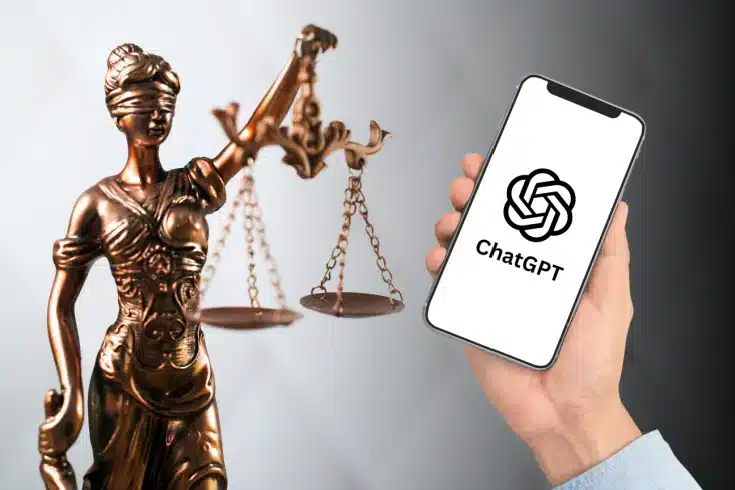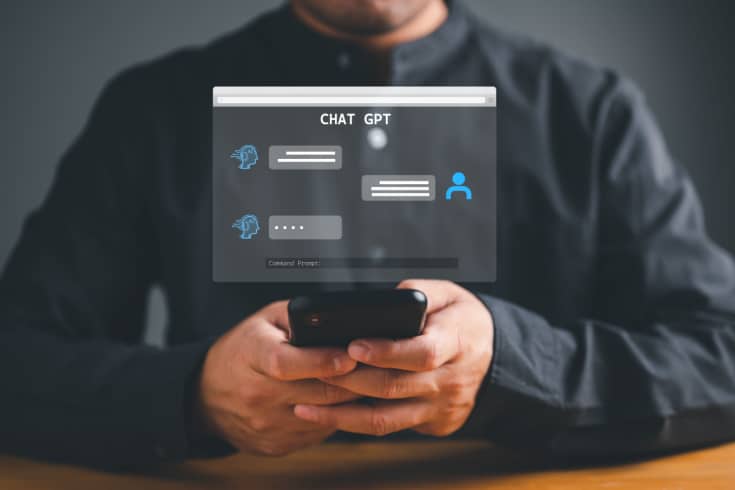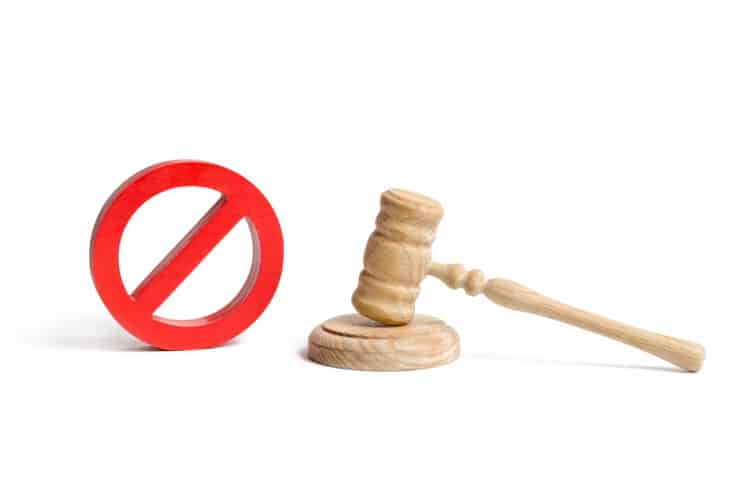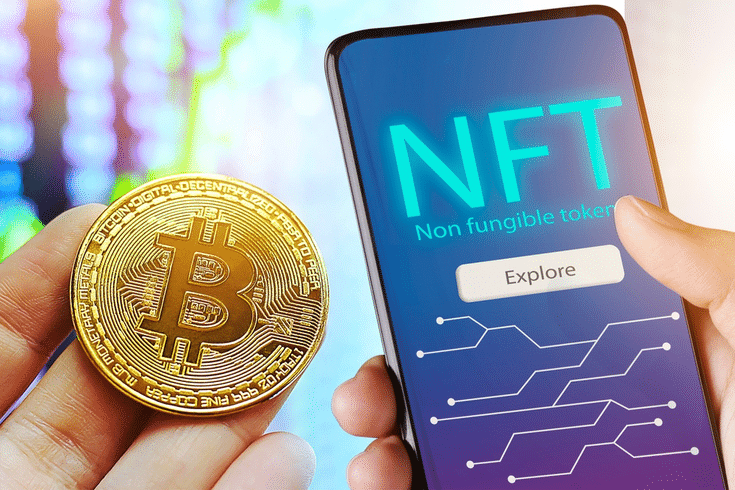Explaining the Terms of Use for ChatGPT: What Are the Considerations for Commercial Use?

Since the release of ChatGPT, a natural language processing model developed by OpenAI in November 2022, ChatGPT has been rapidly advancing. On March 2, 2023, the provision of its API began, and on March 14 of the same month, the new version, GPT-4, was released, with many companies already integrating ChatGPT into their operations.
ChatGPT can be utilized for business purposes, provided that its terms of service are adhered to. However, there are several points to be cautious about when doing so. This article will explain the key points of the terms of service that should be noted when using ChatGPT for commercial purposes.
Overview of ChatGPT

ChatGPT is a powerful natural language processing model developed by OpenAI. It has been trained on an extensive collection of text data and is capable of generating text that is indistinguishable from human-generated content. As a chatbot, it facilitates text-based communication in a conversational format and can be used for summarizing text, translation, and question-answering, among other tasks.
As of August 2023, ChatGPT offers the free-to-use GPT-3.5 and the more advanced GPT-4, which requires a subscription to a paid plan. GPT-4 is available through the $20 per month ‘ChatGPT Plus’ plan and offers higher accuracy and better performance in longer chats compared to GPT-3.5.
About OpenAI’s Terms of Service
When using ChatGPT, it is essential to adhere to the guidelines outlined in OpenAI’s Terms of Service[ja]. The terms include the following content (as of the time of writing).
Commercial Use of ChatGPT is Possible
ChatGPT is available for commercial use. There are companies in Japan that have already implemented ChatGPT into their operations.
Integrating ChatGPT into business processes is expected to automate tasks such as the following, thereby increasing work productivity and reducing labor costs:
- Writing documents
- Creating presentation materials
- Software development
- Social media posting
- Newsletter creation
- Building chatbots, etc.
ChatGPT is available at no cost, but subscribing to a paid plan provides access to more advanced features.
As of March 2023, the API for GPT-3.5 has been released, enabling its implementation in various applications and services. Additionally, the API for GPT-4 was released in July of that same year.
Related article: Is Commercial Use of ChatGPT Possible? A Lawyer Explains Copyright Issues[ja]
Input Data May Be Used for AI Machine Learning
When using ChatGPT, it is important to be mindful of the information you input. This is due to the fact that the data entered into ChatGPT may be used for artificial intelligence (AI) machine learning purposes.
According to OpenAI’s Terms of Service, information input into ChatGPT may be used for AI training purposes and may also be accessed by OpenAI employees. Accordingly, when using ChatGPT within a company, it is advisable to avoid entering internal confidential information or customers’ personal data.
As of April 25, 2023 (2023/4/25), users can prevent the saving of history and the use of data for learning by turning off the “Chat History & Training” setting.
However, as outlined below, the Terms of Service revision in March 2023 (2023/3/2023) has clarified that data inputted via the API will not be used for learning purposes.
Disclosure of ChatGPT-Generated Content Requires Notation
When publishing content generated by ChatGPT on social media, news sites, or similar platforms, it is explicitly stated in the Sharing & Publication Policy that one must indicate that the text was generated by ChatGPT.
Please adhere to the following guidelines:
・Manually review each generation before sharing or while streaming.
・Attribute the content to your name or your company.
・Indicate that the content is AI-generated in a way no user could reasonably miss or misunderstand.
While ChatGPT possesses exceptional language generation capabilities, it cannot be considered infallible in terms of information reliability or ethical judgment. It is necessary to denote that the content is not created by a human but by AI, to allow readers to scrutinize the information properly.
Frequent Revisions to ChatGPT’s Terms of Use
Due to the frequent revisions of ChatGPT’s Terms of Use, it is essential to always check the most recent version when using the service.
For Instance, the revision in March 2023 clarified the age restriction for users, stating that individuals must be 13 years of age or older, and those between 13 and under 18 must obtain parental permission to use the service. Additionally, as of March 2023, ChatGPT became available via API. It was explicitly stated that data input through the API would not be used as training data for the AI.
However, data entered into ChatGPT through a browser, unless opted out, may still be utilized as training data.
Prohibited Uses Under ChatGPT’s Terms of Service

While ChatGPT facilitates the swift generation of diverse content types, it is crucial to note that specific uses are restricted by its terms of service.
Furthermore, as of the time of writing, ChatGPT has been trained on data up to the year 2021, which means it may not provide accurate information on the most recent developments.
Content Prohibited from Generation by ChatGPT
According to our Terms of Service, the generation of the following content is strictly forbidden:
- Content related to child abuse and similar matters
- Discriminatory and violent content
- Content intended for hacking purposes
- Content with high physical and economic risks
- Content that encourages fraudulent activities and other forms of deception
- Sexual content
- Content related to political activities
Collection and Disclosure of Information that Infringes on Privacy
Using ChatGPT to collect or disclose information that infringes on someone else’s privacy is prohibited.
- Attempting to collect personal information about individuals
- Disclosing confidential corporate information
- Attempting unauthorized access
- Engaging in nuisance or harassment
- Generating sexually explicit content or similar material
It is explicitly forbidden to use ChatGPT for these activities. Users must ensure that they do not infringe upon others’ privacy or corporate secrets when utilizing the service.
Provision of Information Regarding Legal Advice
Providing legal advice generated by ChatGPT without the review of a legal expert is prohibited by the terms of use.
While laws are subject to amendments, the training of ChatGPT is based on data collected up to a certain point, and therefore, it may not always provide advice based on the most current information. Furthermore, the advice that should be provided varies depending on various circumstances such as the background of the case, the age, and the position of the person seeking advice.
Furthermore, the impact of legal counsel on an individual’s life can be substantial. Therefore, it is explicitly stated that any legal advice generated by ChatGPT must be reviewed by a specialist before being provided to the person seeking advice.
Provision of Information on Financial Advice
It is prohibited to provide information on financial advice without the review of a professional.
Issues related to personal finances—such as investments, insurance, and mortgages—can result in significant losses for clients if not properly advised. Moreover, financial advice is influenced by daily fluctuations in stock and foreign exchange markets, making it essential to rely on up-to-date information that ChatGPT may not always reflect.
When providing information on financial advice, it is imperative that any information generated by ChatGPT is checked by a professional before being shared.
Provision of Medical-Related Information
Generating medical information or advice through ChatGPT and providing it to patients or other inquirers without review by a qualified specialist carries significant risks. Because users may rely on such responses and act on the advice given, it is essential that all medical information be reviewed and validated by a licensed healthcare professional or other appropriate expert before being provided.
Summary: Business Use of ChatGPT Requires Review of Terms of Service and Understanding of Legal Risks

Employing ChatGPT for commercial purposes can effectively boost productivity and generate cost savings, including labor expenses.
However, as the terms of service for ChatGPT are frequently updated, it is essential to review them each time you plan to use it for business purposes.
To ensure that your intended use does not violate any prohibited activities, we recommend consulting with a specialist before implementation.
Guidance on Measures by Our Firm
Monolith Law Office is a law firm with extensive experience in both IT, particularly the internet, and legal matters. The AI business is fraught with numerous legal risks, and the support of attorneys well-versed in AI-related legal issues is essential.
Our firm provides sophisticated legal support for AI businesses, including those involving ChatGPT, through a team of AI-knowledgeable attorneys and engineers. Our services include contract drafting, legality reviews of business models, intellectual property protection, and privacy compliance. Details are provided in the article below.
Areas of practice at Monolith Law Office: AI (including ChatGPT) Legal Services[ja]
Category: IT





















